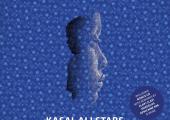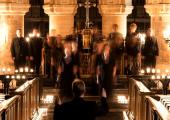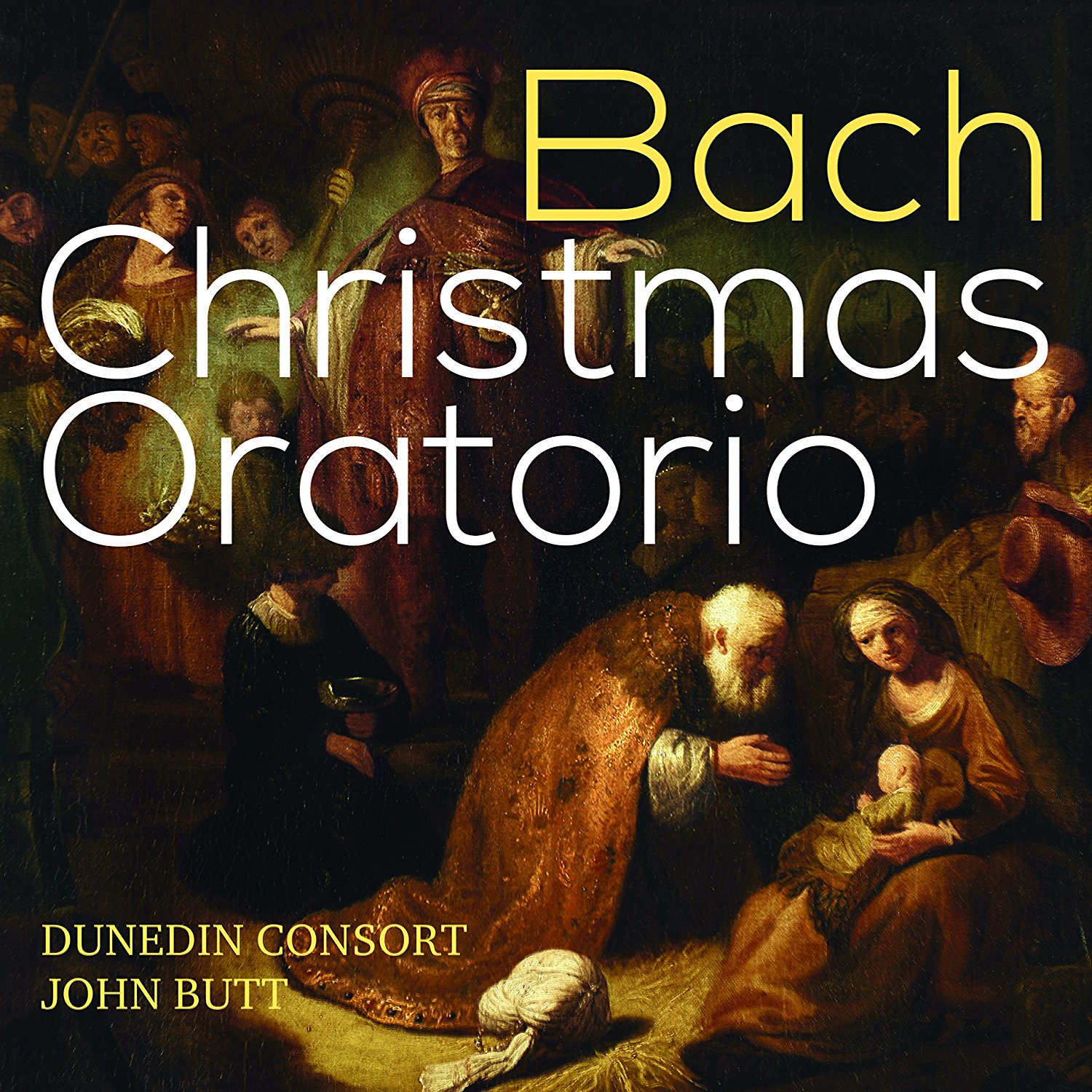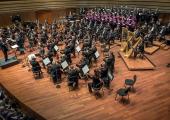Ladysmith Black Mambazo, Cadogan Hall review - peace, love and harmonies

South African family choir still soothing after all these years, with European support
On a dreary evening in what passes for summer, the news unutterably grim, an evening in the company of South Africa’s greatest export can’t help but lift the spirits. The nine singers that comprise Ladysmith Black Mambazo are mostly blood family, sons of Joseph Shabalala - who founded the group in 1960 following a series of dreams in which he heard traditional Zulu isicathamiya - their cousins and two friends, and what an amazing stage act they are.








 Bach: Christmas Oratorio Dunedin Consort/John Butt (Linn)
Bach: Christmas Oratorio Dunedin Consort/John Butt (Linn)
